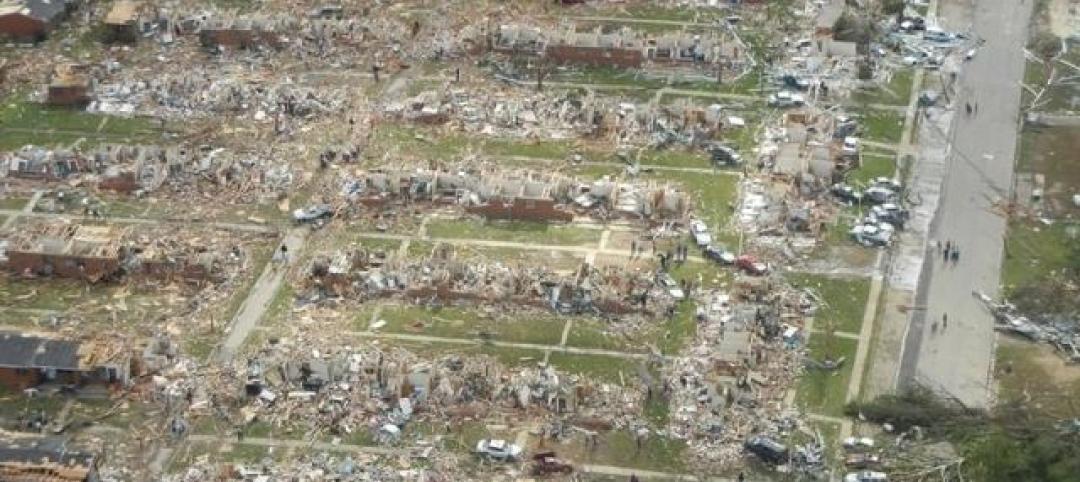The Occupational Safety and Health Administration (OSHA) has cited more than 200 employers for coronavirus-related violations, with penalties totaling nearly $3 million.
OSHA also issued advice to employers about lessons learned based on the most common violations it has found so far during the pandemic. Employers have most frequently failed to follow requirements that deal with respiratory protection, personal protective equipment (PPE), and record-keeping and reporting obligations.
Among these requirements are:
· Provide a medical evaluation before a worker is fit-tested or uses a respirator
· Perform appropriate fit test for workers using tight-fitting respirators
· Assess the workplace to determine if COVID-19 hazards are present or likely to be present
· Establish, implement, and update a written respiratory protection program with required worksite-specific procedures
· Provide an appropriate respirator and/or other PPE to each worker when necessary to protect the health of employees (ensuring the respirator and/or PPE used is the correct type and size)
· Train workers to safely use respirators and/or other PPE in the workplace, and retrain workers about changes in the workplace that might make previous training obsolete
· Store respirators and other PPE properly in a way to protect them from damage, contamination, and, where applicable, deformation of the face piece and exhalation valve
Related Stories
| Dec 15, 2011
Dayton, Ohio schools saving $2.6 million annually by building to LEED
On average, green schools save about $100,000 a year on operating costs, including energy and water savings.
| Dec 15, 2011
Building to LEED standards can pose new risks for construction workers
Workers on these projects suffer a 24% increase in falls to lower levels during roof work, which researchers attributed to the installation of solar panels, and a few other risks.
| Dec 15, 2011
NRDC charges Maine governor with weakening green wood requirement
The FSC program is administered through the Leadership in Energy and Environmental Design (LEED) and requires wood to be harvested in a sustainable way.
| Dec 15, 2011
Post-tornado, Tuscaloosa seeks to create walkable urban, retail areas
Block sizes initially were limited to a maximum perimeter of 1,750 feet, with no side of the block being longer than 500 feet.
| Dec 15, 2011
Allentown, Pa. city council asked to repeal union-friendly law
The mayor of Allentown, Pa. asked the City Council to repeal a year-old ordinance that forces contractors to hire union workers for large city projects funded with state and federal dollars.
| Dec 13, 2011
LEED-EB outpaces LEED for new construction
The U.S. Green Building Council's (USGBC's) LEED certifications for existing buildings standard is outpacing LEED for new buildings for the first time.
| Dec 13, 2011
Regulators charge pervasive abuse of construction workers in Connecticut
Federal and state regulators say they have uncovered what they call "widespread noncompliance" with minimum wage and overtime laws in Connecticut's construction industry.
| Dec 13, 2011
Philadelphia mayor signs order for project labor agreements
Philadelphia Mayor Michael Nutter signed an executive order establishing project labor agreements for major public works projects in Philadelphia.
| Dec 13, 2011
Improved code requirements for attic ventilation
The Roof Assembly Ventilation Coalition (RAVC) participated in the development of the code.
| Dec 12, 2011
LEED-EB Outpaces LEED for New Construction
The U.S. Green Building Council’s (USGBC’s) LEED certifications for existing buildings standard is outpacing LEED for new buildings for the first time.















